The California restaurant industry has suffered greatly from the state’s new $20 minimum wage law. Critics contend that the higher wages will make it more difficult for restaurants to stay in business and take on new hires, leading to unexpected consequences for workers.
The law, which took effect on April 1st, was meant to aid lower-income employees. However, it has already led to job losses, reduced hours, increased automation, and higher menu prices at some fast food businesses. Major pizza chains and small shops have been forced to lay off staff.
California’s New $20 Minimum Wage Goes Into Effect
California’s minimum wage increased by $15 to $20 an hour on April 1, the largest single increase in the state’s history. While supporters argue this will lift many out of poverty, critics argue it may lead to unintended consequences like job losses, reduced hours and higher consumer prices.
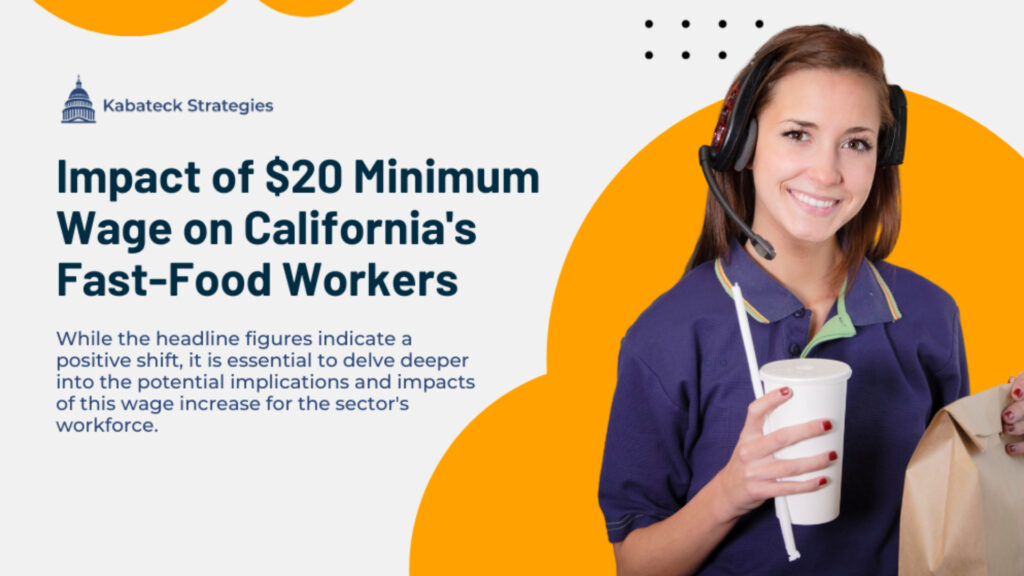
With thin profit margins, many businesses can’t afford the increased labor costs and have had to cut jobs or hours. McDonald’s franchisee Scott Roderick said, “I can’t charge $20 for Happy Meals. I’m leaving no stones unturned.” Major Pizza Hut franchisees have laid off 1,200 delivery drivers, and smaller businesses like Vitality Bowls have cut staff in half.
Job Losses and Reduced Hours
While the legislation aimed to help lower-income workers, it has resulted in job losses, reduced hours, increased automation, and higher menu prices for some businesses. Some fast food companies started laying off employees before the law even took effect.
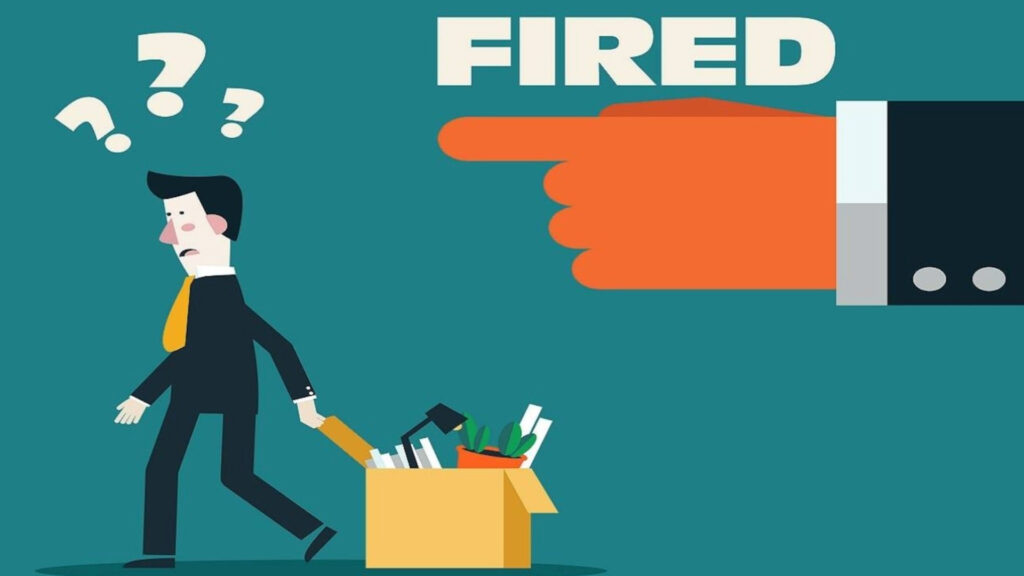
Studies show that raising the minimum wage boosts pay for some but leads to job loss for others. A report by the Congressional Budget Office found that increasing the federal minimum wage to $17 an hour could raise wages for over 18 million people but also cut about 700,000 jobs.
California Already Had High Unemployment Before Wage Increase
California’s unemployment rate was already high before the minimum wage increase took effect. In February, it was 5.3%, the highest in the country. The wage hike is expected to lead to further job losses as businesses struggle with higher costs.
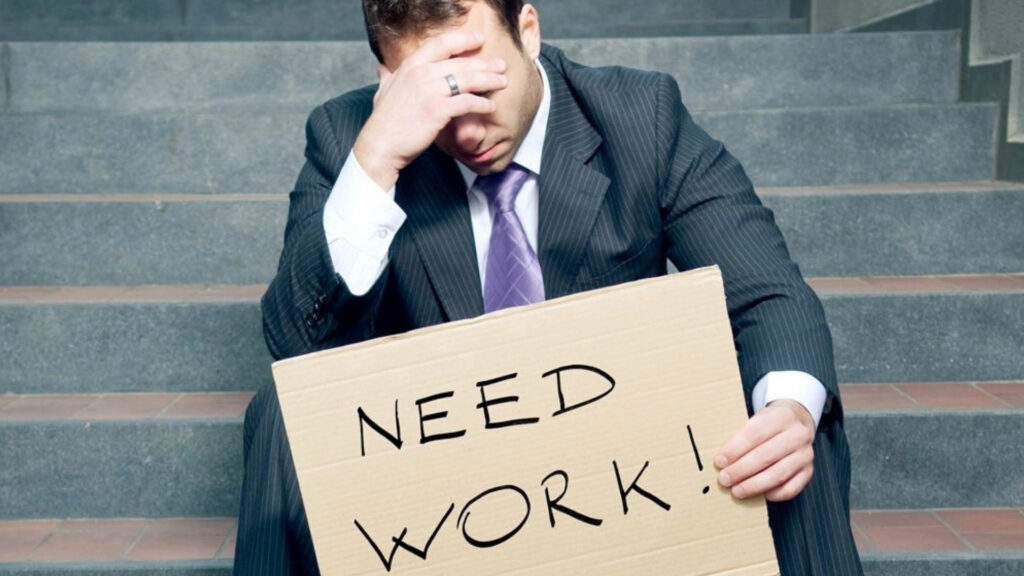
While the wage increase was intended to help lower-income workers, it has led to reduced hours, job losses, increased automation, and higher menu prices at some businesses.
Employers Turn to Automation to Reduce Reliance on Low-Wage Workers
Faced with higher costs, many businesses turn to technology for help. Self-service kiosks, automated kitchen equipment, and AI are all used to replace human workers. Some fast food chains have introduced mobile apps, kiosks, and conveyor belts to reduce reliance on staff.

Pizza Hut and Panera Bread have added automated ordering platforms, and White Castle tested Flippy, a robotic arm that can cook and flip burgers. While technology may improve efficiency, it also eliminates jobs. Critics argue this trend will only accelerate as the minimum wage rises.
Small Businesses Hit Hardest by Minimum Wage Increase
Mom-and-pop shops and local eateries operate on very tight profit margins, so they have little room to absorb the increased costs from higher wages. Many owners have had no choice but to cut hours, lay off staff, or close their doors permanently.

Owners of small restaurants, diners, and drive-thrus have looked for ways to cut costs, like simplifying menus to reduce prep time, closing during slow periods, or replacing waitstaff with counter service.
Higher Prices for Customers
While supporters argue businesses can absorb costs through higher profits, critics say companies will pass on costs through higher menu prices, reduced portions, or lower quality. A 2019 study found that for every 10% minimum wage increase, restaurant menu prices rose by 0.36%.
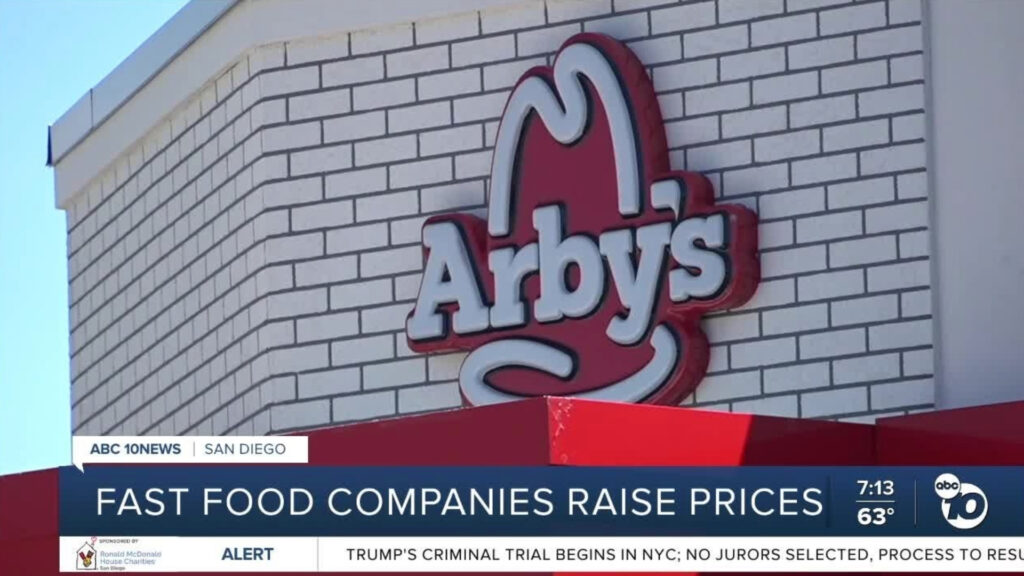
Franchisees of major chains like McDonald’s or Taco Bell have little control over menu prices, so they must cut costs elsewhere.
Debate Over Long-Term Impact
There is an ongoing debate over the effects of raising the minimum wage. Proponents argue it could boost wages for millions of low-income workers. However, others argue that the increased costs on businesses could eliminate hundreds of thousands of jobs, raise prices, and make automation more attractive.
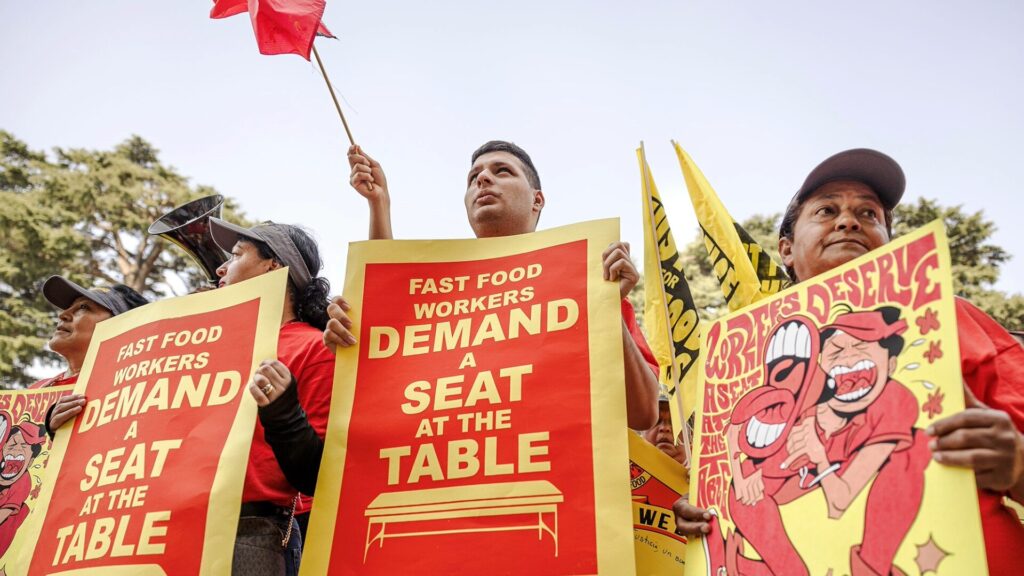
While the new law’s goal is admirable, helping low-income workers through job losses and business closures is counterproductive.
Price Increases at Fast Food Chains
California’s new minimum wage law is hitting fast food chains hard. Many major chains have already raised menu prices significantly in response to the increased labor costs. According to reports, Burger King locations around Los Angeles have hiked the price of a Texas Double Whopper by over $2, from $15.09 to $16.89.

The Big Fish sandwich saw an even larger increase of nearly $4, jumping from $7.49 to $11.49. Other chains like Jack in the Box are exploring automation to cut costs.
Small Price Increases Won’t Impact Customers
Some advocates argue that small price increases of 25 cents to a dollar won’t impact customers much. However, these hikes represent sizable percentages of menu items’ total costs. If trends continue, customers could face frequent, ongoing price increases as companies try to offset higher wages.

During an interview, the CEO of Raising Cane’s chicken restaurants said the new wage law would significantly impact their business. However, the CNBC anchor who interviewed him seemed to overlook the potential downsides, focusing instead on the idea that price increases could negate the benefits of higher pay for workers.
Long-Term Impacts
While proponents argue that minor price increases won’t impact consumers much, these rapid changes suggest more significant adjustments are likely coming. Furthermore, reducing employee hours and job opportunities undermines the goal of increasing living standards.

A collaborative, compassionate process is needed to develop creative policies benefiting both companies and their employees.
What Do Restaurant Owners Say About the $20 Minimum Wage?
Restaurant owners have expressed concerns about how the new $20 minimum wage law will impact their businesses. During an interview, the CEO of Raising Cane’s, a popular fried chicken chain, discussed the potential downsides of the wage increase.

The CEO noted that the 25% wage increase will significantly raise operational costs, likely leading to job cuts. With profit margins already tight for most restaurants, the added costs from higher wages can only be offset in a few ways: by raising menu prices, cutting employee hours and positions, or a combination of both.
Criticism of Lawmakers
With Democrats holding a supermajority, new laws can be passed without much opposition or accountability. Critics see the $20 minimum wage as an example of unchecked government overreach that fails to understand real-world economic impacts.
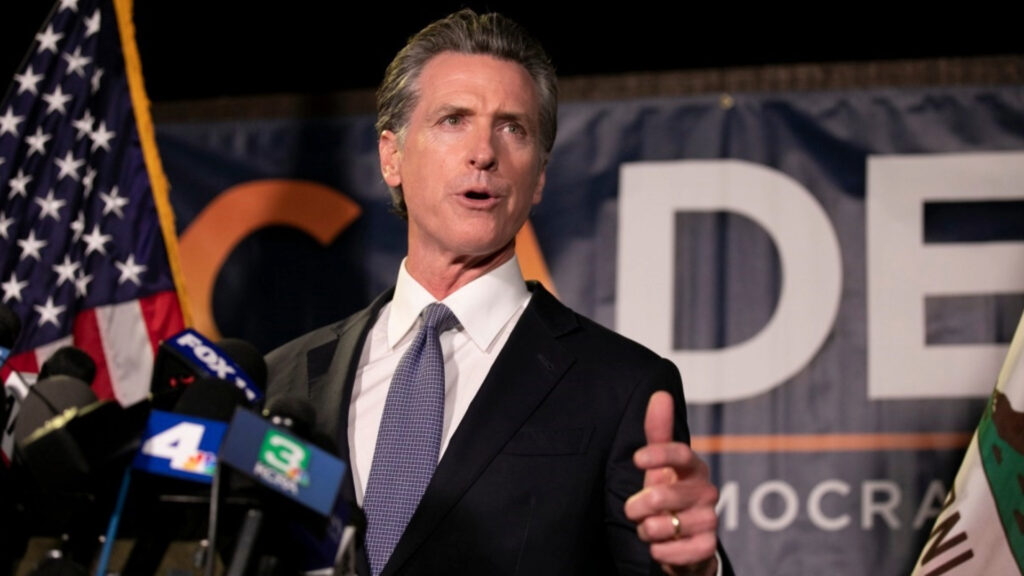
Advocates of the new wage law argue it will help low-income workers in a state with a high cost of living. However, others counter that the policy is misguided and will ultimately backfire by forcing restaurants to cut jobs and hours, negatively impacting many of the same workers the law aimed to help.
Other Options That Could Have Been a Better Resolve
Other options that may have achieved the goal more sustainably include providing tax incentives for companies that voluntarily increase wages or subsidizing wages for low-income workers.
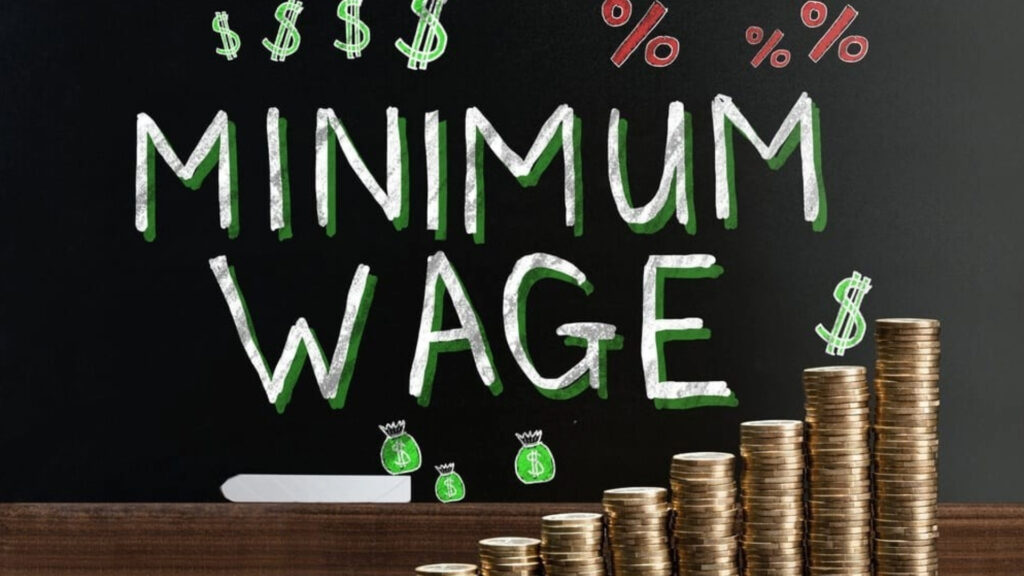
Mandating wage increases risks disruption that could negatively impact businesses and employees if not implemented carefully with mechanisms to prevent unintended consequences.
Unchecked Power
The Democratic Party has maintained control of California, enjoying supermajorities in the state assembly and facing very little opposition. This dominance allows them to implement policies without transparency or accountability to the public. California serves as an experimental hub for other cities.
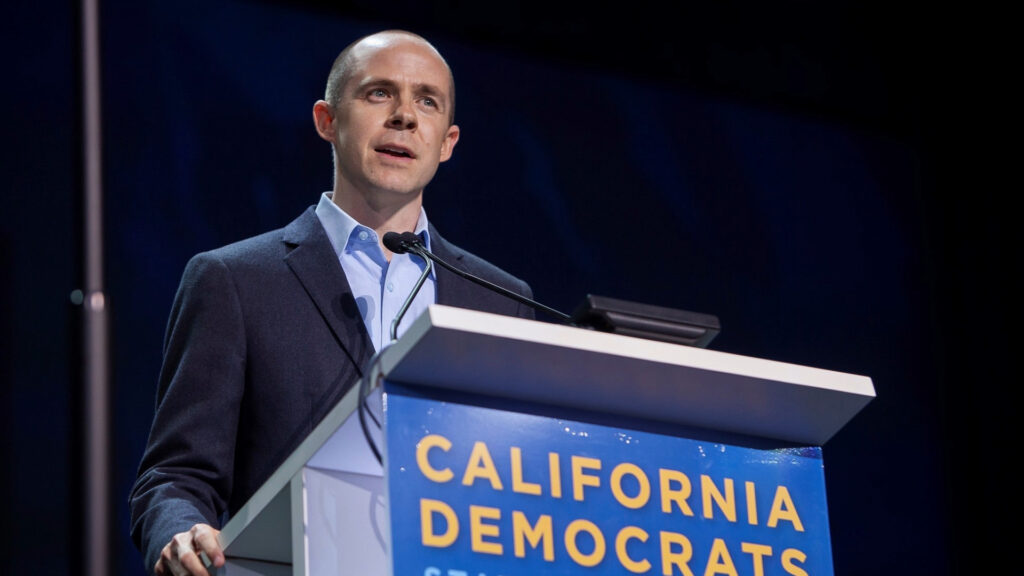
The consequences of this policy change seem to outweigh the intended benefits, with companies forced to take drastic action to account for the increased costs.
What Does This Mean for Other States and Cities?
The consequences of California’s new $20 minimum wage law may reverberate nationwide. Other progressive cities and states are likely watching closely to see how the policy impacts jobs, prices, and businesses in the Golden State.
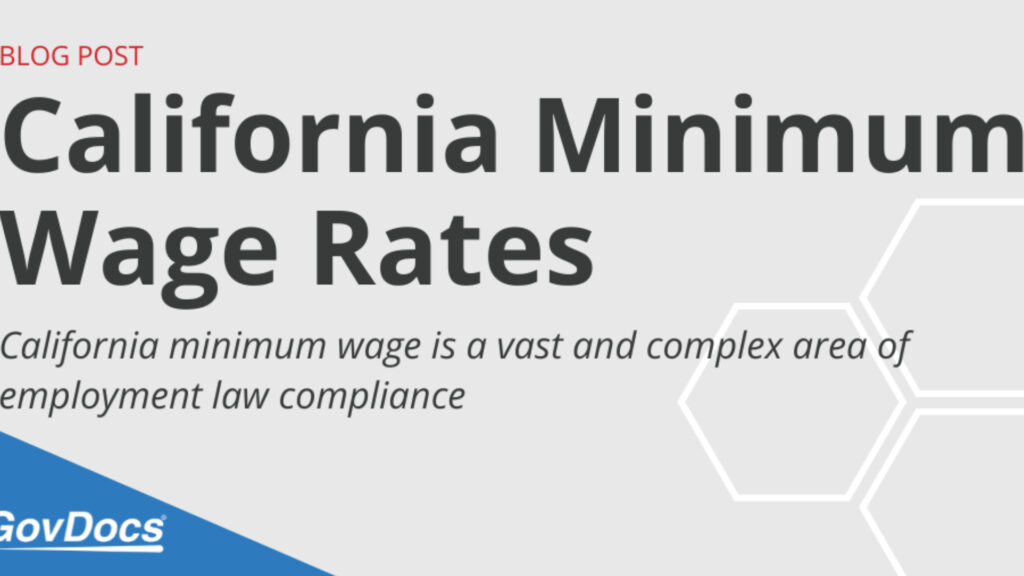
If the effects seem minimal, it could encourage other locales to push for similarly aggressive wage hikes. However, if the fallout is severe, with significant job losses, closures, and price spikes, it may give pause to policymakers in other areas.
A Cautionary Tale or Model to Follow?
California often serves as an experimental testing ground for liberal policies that more moderate governments are hesitant to implement. The state’s unchecked Democratic control allows it to pass sweeping legislation without concern for political opposition or public opinion.

For this reason, the outcome of the $20 minimum wage law will be highly scrutinized. Suppose the policy aims to lift low-income workers out of poverty with few adverse side effects.
Prominent Figures Ignore Fundamental Economics
Barbara Lee and others advocating for a $20 minimum wage in California seem unwilling to acknowledge the economic realities of their proposal. Raising wages by 25% during high inflation and economic uncertainty is unwise and will likely lead to more layoffs and closures across the state.

While Lee and others likely mean well, their policies demonstrate a lack of understanding of basic economics. Artificially inflating wages often harms more than good, especially when not tied to increased productivity or profitability.
Raising Minimum Wage by 25% During High Inflation
Raising California’s minimum wage by 25% during high inflation was undoubtedly an unwise decision that led to major economic consequences across the state.
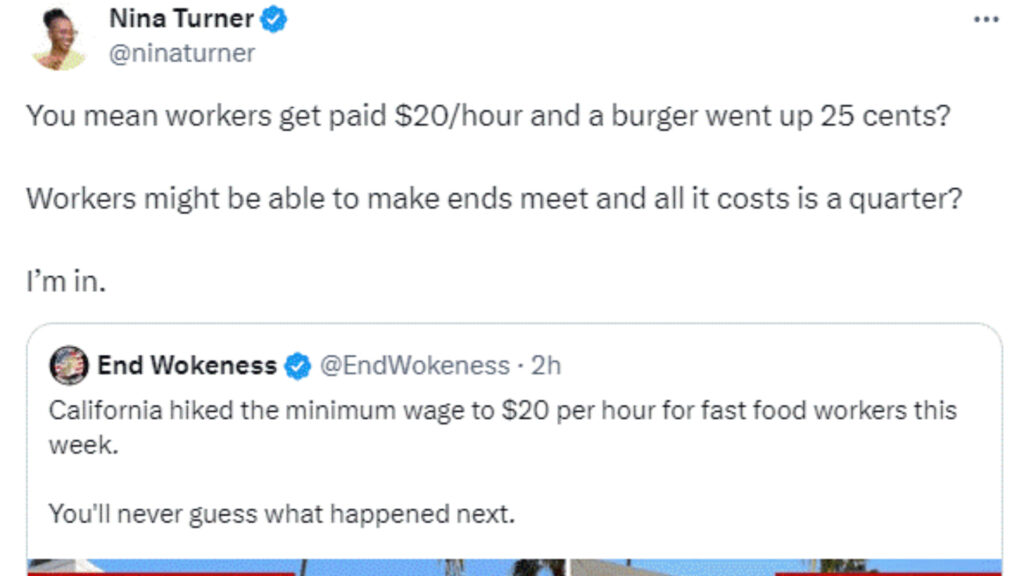
With the cost of living and operating a business already increasing, the additional financial burden of a wage hike has proven too much for many small businesses to handle.
Failure to Address Real Issues
This policy has created additional problems rather than addressing preexisting issues like a lack of job opportunities, high costs of living, and economic inequality. Raising wages is not an effective solution and does not address the root causes of poverty.
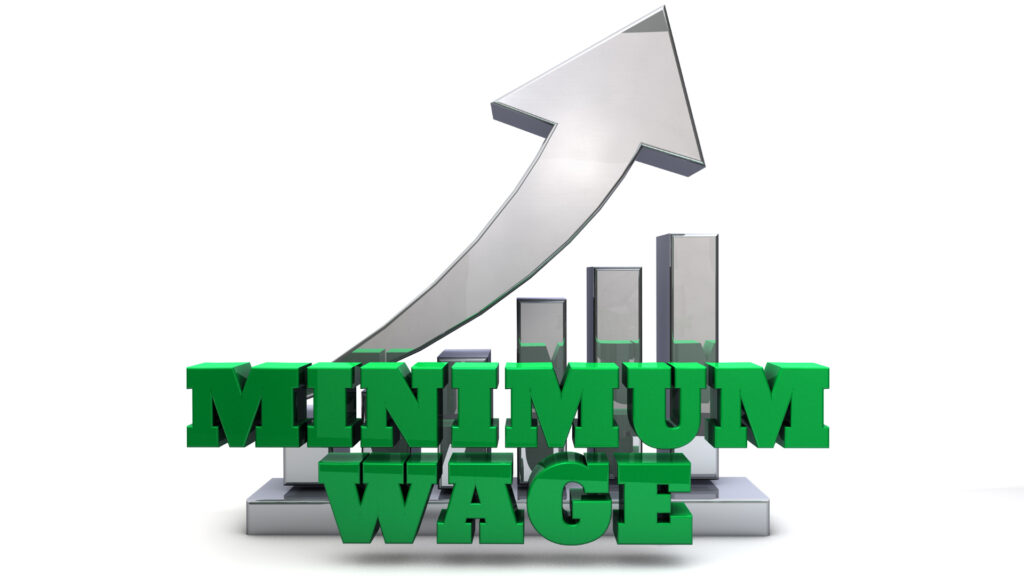
A more comprehensive set of social programs and policies are needed to counter lack of access to healthcare, education, job training programs, and other resources that could help lift individuals out of poverty sustainably.
More Harm Than Good
The move to raise California’s minimum wage to $20 per hour was made with good intentions, but it has led to unintended consequences that hurt the very workers it aimed to help.

Fast food chains have been forced to lay off staff and raise prices, negatively impacting low-wage workers. This demonstrates the complexities of economics and the need for nuanced solutions that consider all stakeholders.





GIPHY App Key not set. Please check settings